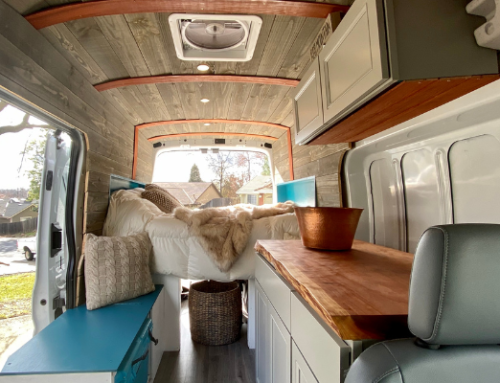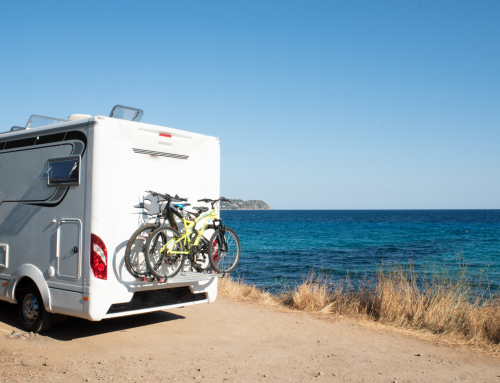There’s no denying that electric vehicles are the future, with the government taking steps to end sales of new petrol and diesel cars to end in the UK by 2030. We’ve also seen many classics converted to EVs over the last couple of years. Now manufacturers are turning their sights to campervans, but are electric campervans practical?
If like me, you watched the recent Top Gear episode where Chris, Freddie and Paddy drove electric cars hooked up to modern caravans, you will recognise the difficulties that could be encountered here. We’ll start with the obvious; range.
EV Range
Of course, all vehicles have a range. Petrol tanks will do a finite number of miles on one tank; EV’s are no different; what is different here, though, is the time taken to fill up and get moving again. With a petrol or diesel vehicle, you drop in at one of many petrol stations, flip the cap, fill up, pay, and you’re on your way again.
Unfortunately, with electric powertrains, this is not the case. You will need to plug the vehicle into a power outlet and leave it there for a considerable amount of time. Even vehicles capable of accepting a fast charge will need to be left for at least 30 minutes.
Then there’s the problem of the availability of charging points. The country has a vast network of fuel stations for petrol and diesel vehicles. The same cannot be said for electric vehicles. Even when there are outlets, you have to contend with other EV’s already left charging in them, not to mention the reports of broken charging stations.
As electric cars and campers become more widely accessible over the next few years, charging stations will likely pop up in more places making this less of a problem. Still, none of the above is ideal unless you plan your trip with regular stop-offs centred around power outlets.
Weight
Campervans are considerably heavier than cars. This is because of their size and the equipment they are laden with, which often includes a fridge, seating, sleeping area and perhaps a small cooker as well as all the necessities such as clothes and food for the trip.
This additional weight will require more battery power, as will things like the fridge and heating or air conditioning while driving. The electric campers on the market say they can get between 130-250 miles of range. These are not real-life figures though, we all know manufacturers exaggerate their range figures greatly.
The lighter the load, the longer you’ll be able to go, so consider this when packing for your campervan break if you opt for an electric camper van.
Price
There aren’t really many electric campervans on the market at the moment. At present, just like electric cars, they do come with a higher ticket price than their petrol or diesel counterparts.
This price will be enough to put many people off initially. But over time, components and processes will help to bring the cost down. All brand-new motorhomes are expensive.
So, are electric campervans practical? This new and emerging market still needs much innovation, testing, and development. We wouldn’t be inclined to fork out for an expensive early product like this as there are bound to be teething issues and lessons to be learned. But then look at how many people ran out to buy early Tesla’s.
We are in the early days of electric vehicle development. Pioneering the future of travel will be a learning curve. We have been using the combustion engine for over 100 years now. Early cars were terrible and unreliable; look how far we have come now.
We look forward to seeing the innovation that occurs in this sector. We are living in exciting times.







Leave A Comment